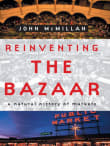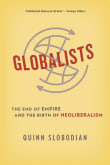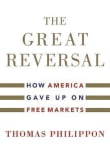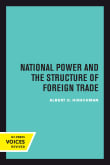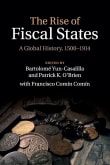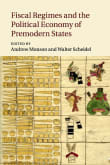The Code of Capital
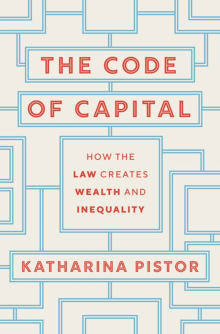
Book description
A compelling explanation of how the law shapes the distribution of wealth
What is it that transforms a simple object, an idea, or a promise to pay into an asset that creates wealth? Katharina Pistor explains how, behind closed doors in the offices of private attorneys, capital is created-and why…
Why read it?
4 authors picked The Code of Capital as one of their favorite books. Why do they recommend it?

Pistor’s book explains how global finance grew so large, powerful, and unstable. The short answer: elite lawyers did it.
Pistor argues that they did it by creatively devising legal instruments that could turn both tangible (land, for example) and intangible things (like intellectual property) into capital. When lawyers were able to make legal instruments enforceable around the world, capital could become truly global. Why did they do this? Simple: “minting” capital through creative lawyering is extraordinarily lucrative.
Before reading this book, I knew that elite contract lawyers were very well compensated, but I didn’t understand what they were doing and…
From Stephen's list on politics that shaped international economic order.

Pistor offers the legal scholar’s perspective on how law shapes markets, covering topics from corporate law to financial regulation and pharmaceutical patents.
She not only shows how law sets the rules for markets, but she demonstrates how the law can create markets and assets in the first place. She also goes beyond the formal law on the books to examine how crafty lawyers can reshape the law in practice.
From Steven's list on how markets really work.

One of the main messages from the literature on inequality is that it is, to a considerable extent, man-made.
In this book, Katharina Pistor gives a law professor’s perspective on ways in which inequality is engineered. An important share of these activities take place, not in the legislative branches of governments around the world, but in transnational law and accounting firms, commissioned by large corporations and wealthy individuals to minimize or eliminate their taxes.
Some governments—in what is often referred to as tax havens—implement these proposals more or less automatically, and their effect on global financial flows is by now…
From Per's list on (in)equality and why it is a problem.
If you love The Code of Capital...

This book is important for all those interested in the systemic change needed to reduce inequality and alter the current socio-economic status quo. Pistor explains how the structure of modern legal frameworks and practice of law has led to an entrenched and limited distribution of capital and financial opportunity. It is not a technical book but very readable and for those working in this area like myself, it is a very important book.
From Duncan's list on about protest.
If you love The Code of Capital...
Want books like The Code of Capital?
Our community of 12,000+ authors has personally recommended 77 books like The Code of Capital.

